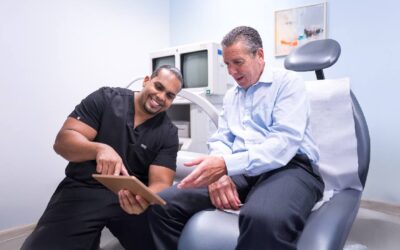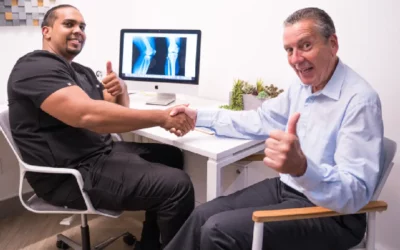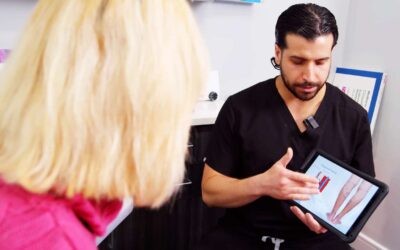What Are Varicose Veins? Everything You Need to Know
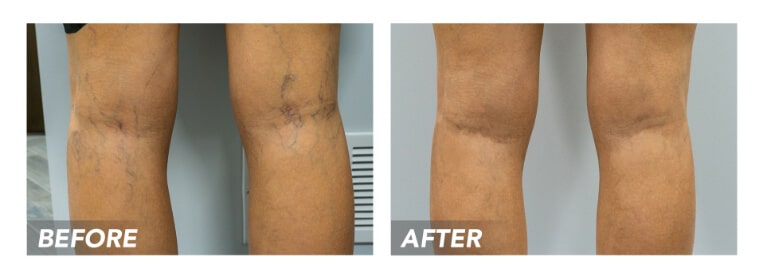
Varicose veins are a common condition that affects millions of people, and they can appear anywhere in the body, but they’re most commonly found in the legs. If you have varicose veins, you’re not alone, and there are many effective treatments available. In this article, you’ll learn everything you need to know about varicose veins, including what causes them, how to diagnose them, and how to treat them.
What are Varicose Veins?
Varicose veins are veins that have become swollen and twisted. They often appear as blue or dark purple veins, and they may look bulging or rope-like. These veins are a result of poor blood flow, and they can cause a range of symptoms, including pain, swelling, and itching.
What Causes Varicose Veins?
The walls of the veins have tiny valves that help keep blood flowing in one direction, but if these valves become damaged or weakened, blood can leak back into the vein, causing it to become swollen and twisted. This can happen as a result of age, injury, pregnancy, or other factors
How Do You Diagnose Varicose Veins?
To diagnose varicose veins, a specialist will usually examine your legs and ask you about your symptoms. They may also use special tests, such as an ultrasound, to get a better look at the veins.
Who Treats Varicose Veins?
A specialist called a phlebologist treats varicose veins. They are experts in diagnosing and treating conditions that affect the veins, and they will work with you to find the best treatment plan for your needs.
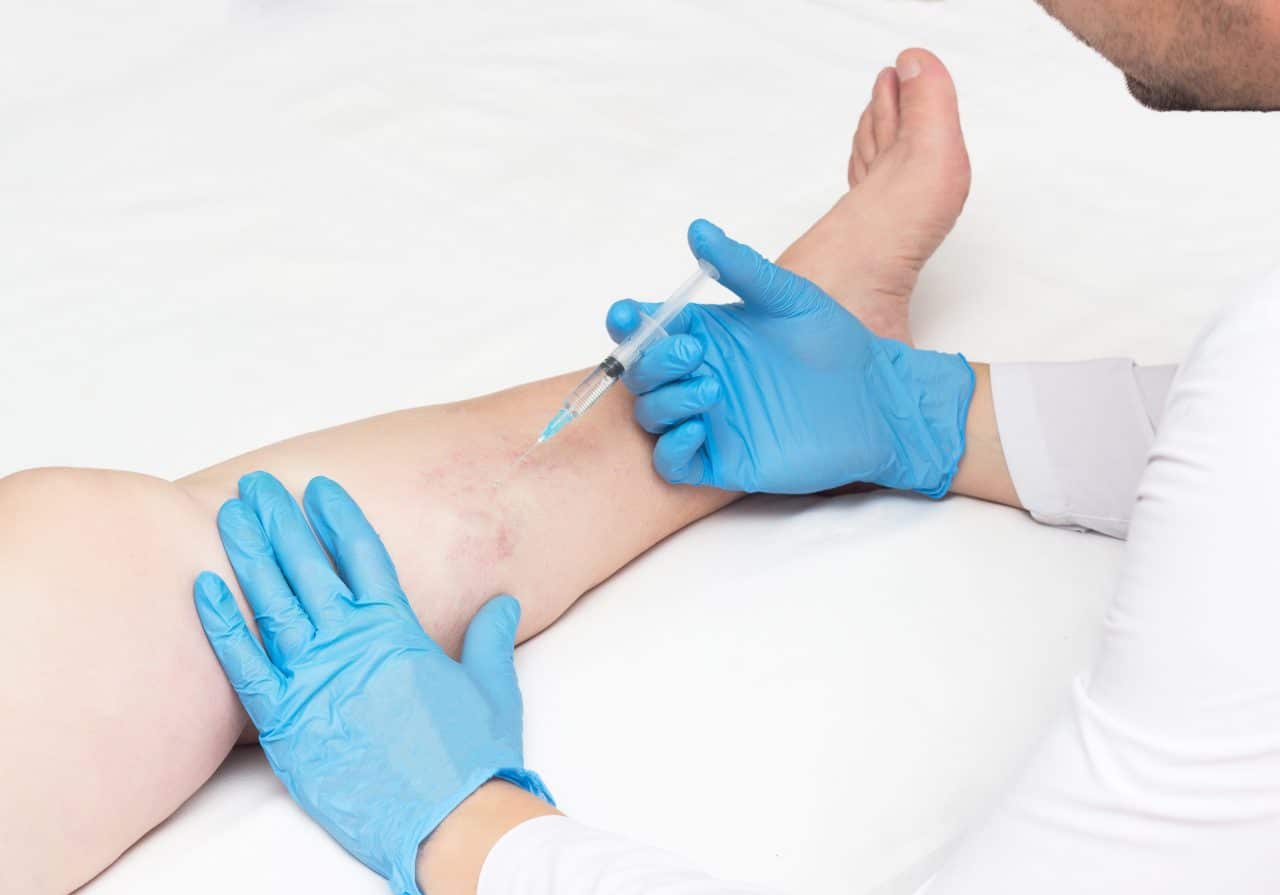
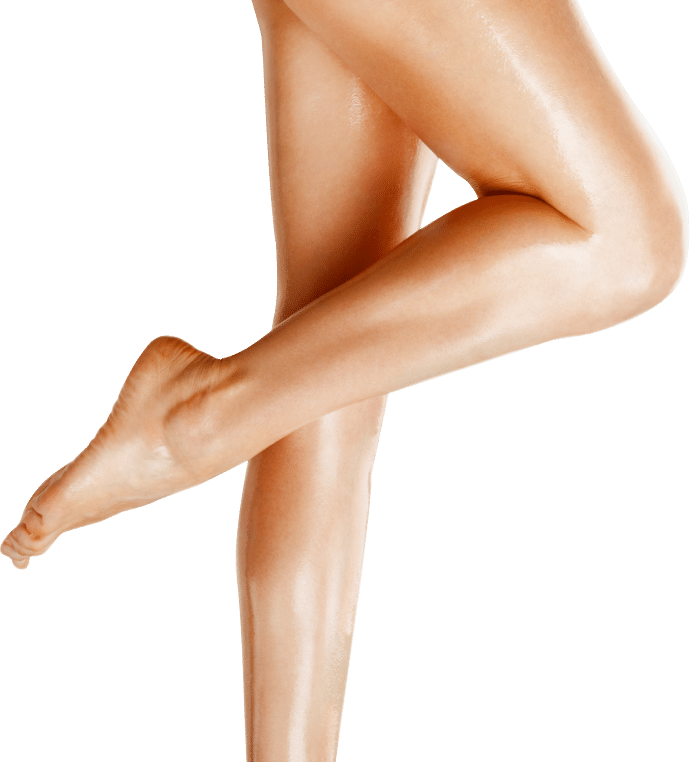
BOOK AN APPOINTMENT
Do you have any symptoms? Consult now with one of the Best Vein Specialist in New Jersey
What Are the Symptoms of Varicose Veins?
The symptoms of varicose veins can vary from person to person, but some of the most common symptoms include pain, swelling, itching, and burning. In severe cases, you may also experience skin changes, such as darkening or ulcers, around the affected veins.
What Happens if Varicose Veins are Left Untreated?
If varicose veins are left untreated, they can lead to more serious health problems, such as blood clots, skin infections, and skin ulcers. If you have symptoms of varicose veins, it’s important to see a vein specialist as soon as possible.
Varicose Veins in African American
Varicose veins can affect people of all races, including African Americans. However, some studies suggest that varicose veins may be less common in people with dark skin, and that the veins may be harder to diagnose because they are less visible. If you have dark skin and you suspect that you have varicose veins, it’s important to see a vein specialist for a proper diagnosis.
Varicose Veins on Black Skin
If you have black skin and you’re concerned about varicose veins, it’s important to remember that dark skin may make the veins less visible, but it doesn’t mean that you can’t get them. If you have symptoms of varicose veins, see a vein specialist for a proper diagnosis and treatment.
Varicose Veins and Spider Veins
Varicose veins and spider veins are often confused with one another, but they are two different conditions. Spider veins are smaller, less severe veins that appear as blue or red lines on the skin. Unlike varicose veins, they don’t cause symptoms, and they’re often treated for cosmetic reasons.
How to Treat Varicose Veins
There are several treatments available for varicose veins, including:
- Compression stockings: These stockings put gentle pressure on your legs, helping to improve blood flow and reduce swelling.
- Sclerotherapy: This is a minimally invasive procedure where a specialist injects a solution into the affected vein, causing it to close. Over time, the vein will fade away.
- Endovenous Laser Therapy (EVLT): This is a minimally invasive procedure where a specialist uses a laser to close the affected vein.
- Radiofrequency Ablation: This is a minimally invasive procedure where a vein doctor inserts a catheter and generates thermal energy to close the diseased vein and reroute the accumulated blood into healthier leg veins.
What Can You Do to Prevent Varicose Veins?
There are several things you can do to reduce your risk of developing varicose veins, including:
- Staying active: Regular exercise can help improve blood flow and reduce your risk of developing varicose veins.
- Maintaining a healthy weight: Excess weight puts extra pressure on your legs, which can lead to the development of varicose veins.
- Avoiding long periods of sitting or standing: If you have to sit or stand for long periods of time, take regular breaks to stretch your legs and improve blood flow.
- Wearing compression stockings: If you’re at high risk of developing varicose veins, consider wearing compression stockings to help improve blood flow and reduce your risk.
Varicose Veins and Your Health
Varicose veins can cause a range of symptoms, and if left untreated, they can lead to more serious health problems. If you have symptoms of varicose veins, see a vein specialist as soon as possible. With proper treatment, you can improve your symptoms and reduce your risk of developing serious health problems.
Visit New Jersey Vein Treatment
Visit New Jersey Vein Treatment to get the best vein care from board-certified vein doctors. Our team is dedicated to providing only minimally invasive vein treatments to ensure the most comfortable experience for our patients. With convenient locations in Clifton, Paramus, West Orange, and Woodland Park, you can easily get the care you need close to home. If you’re in or around Paramus, you can visit our medical center for vein treatment at 140 NJ-17 #103, Paramus, just off NJ-17.
Trust us to diagnose and treat your varicose veins effectively and with the highest level of care. Schedule your appointment today and take the first step towards better vein health!
NJ Vein Doctors
Meet our team of New Jersey Vein Treatment Specialists
Vein Treatments are covered by most major medical insurances, including Medicare. Call us today to verify your insurance for FREE >
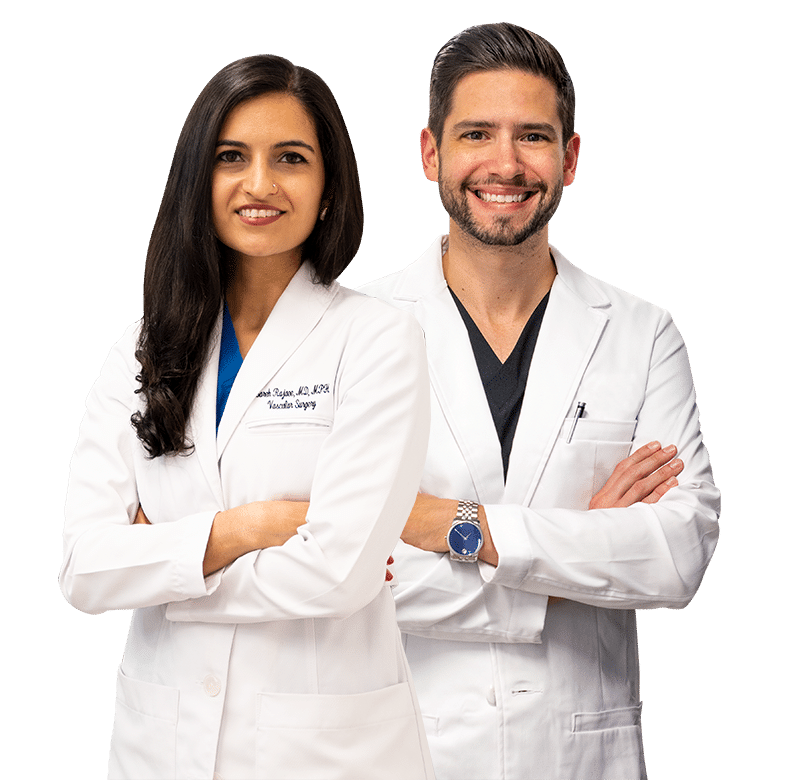
Meet our Team of Top Vein Specialists in New Jersey
Contact us
CALL US
Speak instantly with one of our team members; they will answer any questions you may have regarding insurance coverage, booking an appointment and our vein treatment locations. (973) 946-8082
BOOK APPOINTMENT
Visit our Book Appointment page and instantly request an appointment at the New Jersey vein center. We offer Free Insurance Verification before your appointment.
